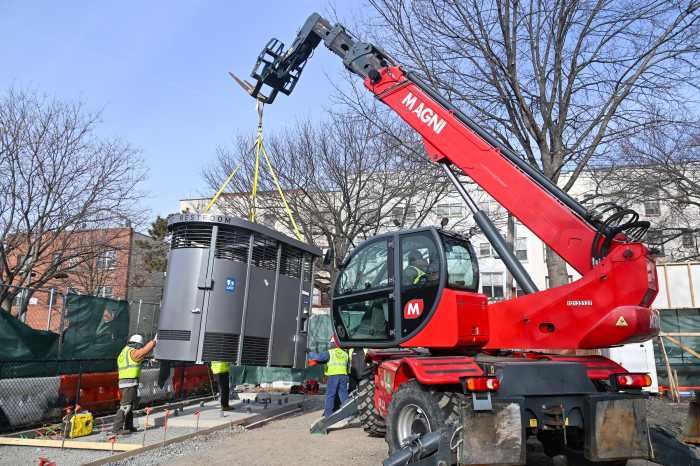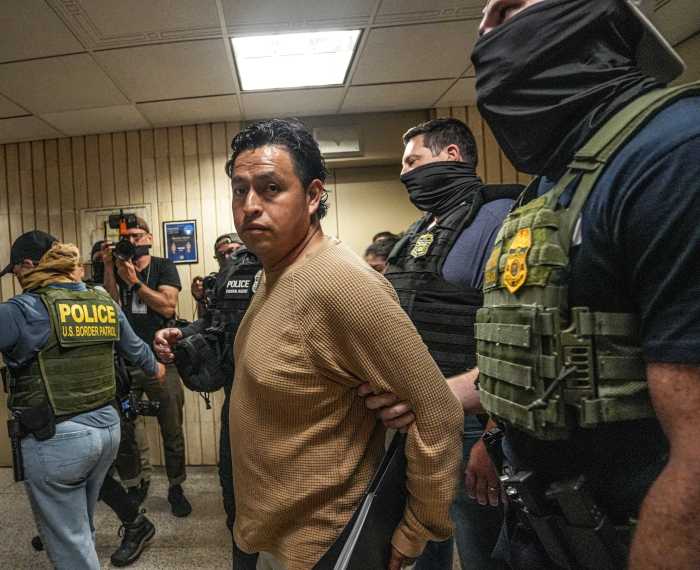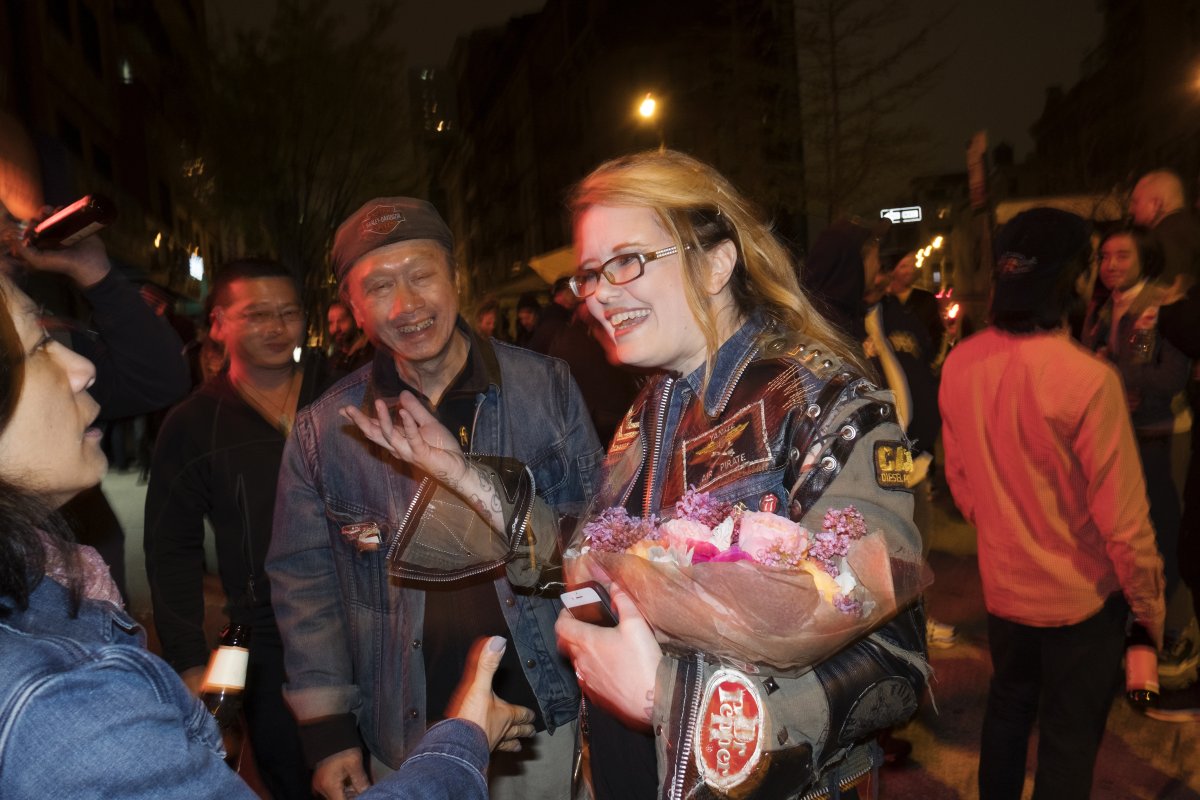
Daredevil Tattoo recently celebrated two decades of transforming human beings into amazing canvases. This year also happens to be the 20th anniversary of tattooing’s legalization in New York City.
In a December 2014 article in The Villager, Dusica Sue Malesevic profiled Michelle Myles, Daredevil’s co-owner (“Female tattoo artists are really making their mark”).
In 1989, Myles moved from Ferguson, Missouri to attend Parsons to study art. She had gotten her first tattoo during high school.
Eventually, she started doing tattoos herself in 1991. Two years later, she moved to Ludlow St., which was then a very different neighborhood.
“The first place that I had was across from the old Daredevil, an apartment I rented as a studio,” she recalled. “But that was when tattooing was illegal, so there was no sign out front or anything.”
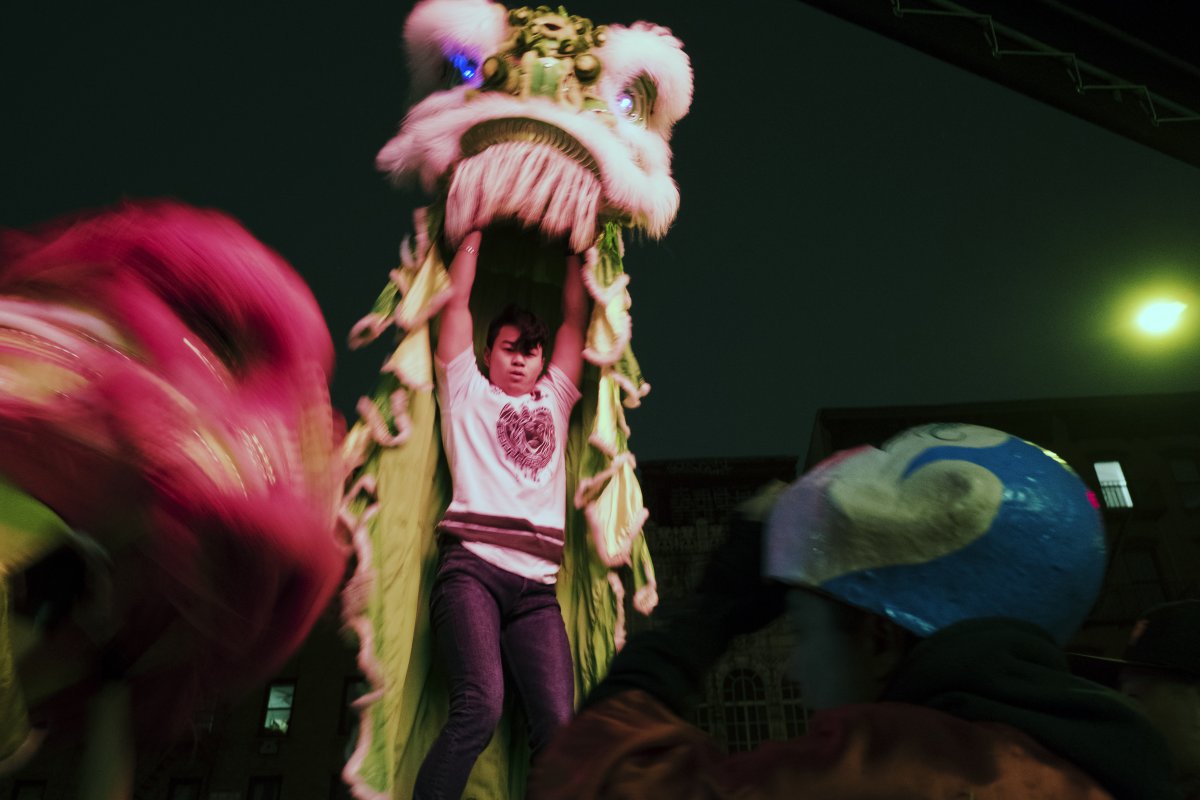
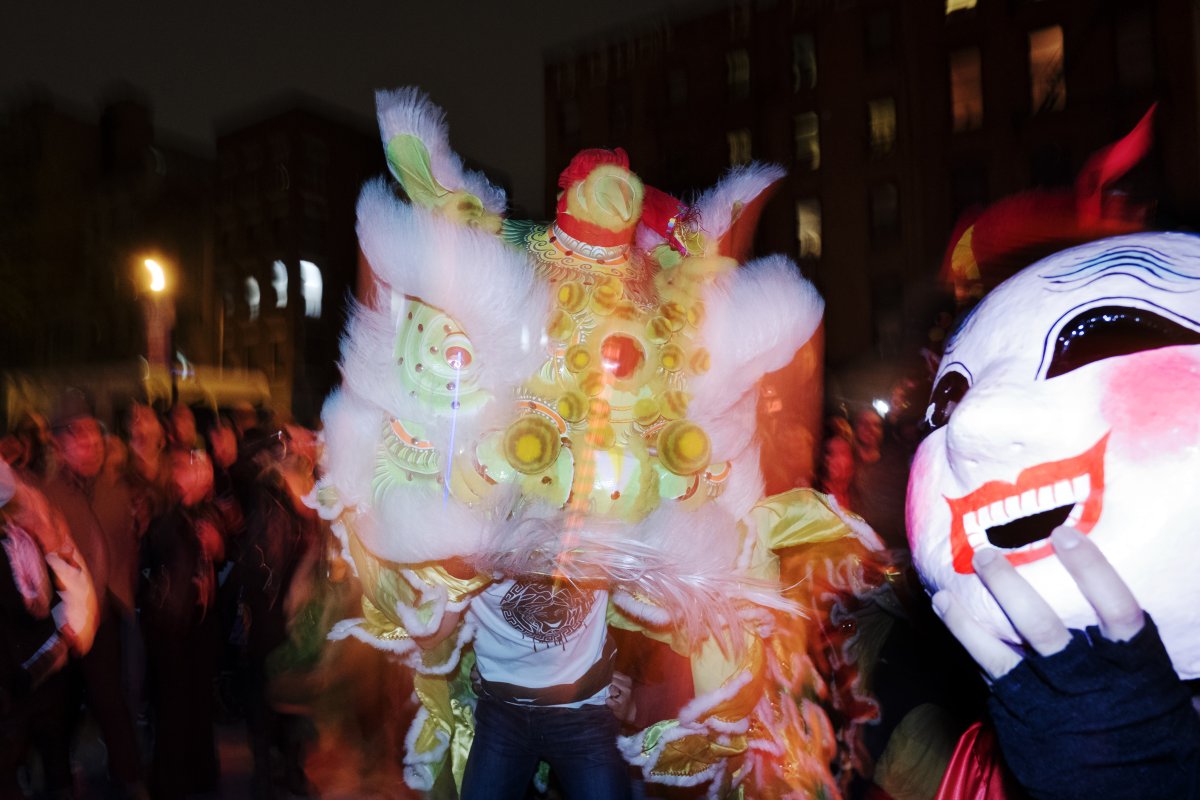
Back then, Myles explained, the tattooing scene was far more intimate.
“You at least knew of everybody else who was tattooing in town,” she said. “It was a much more closed sort of thing. It was more about a couple individual artists that didn’t have shops.”
Since tattooing was still underground then, it was difficult to learn how to do it, Clayton Patterson told Malesevic.
In 1986, Patterson and Ari Roussimoff took over what was a tattoo-and-body art society and formed the Tattoo Society of New York.
The club provided a sense of protection and community, Patterson said. He explained that it was a city Department of Health offense if anyone was caught doing ink, and the city could shut an artist’s operation down at any time.
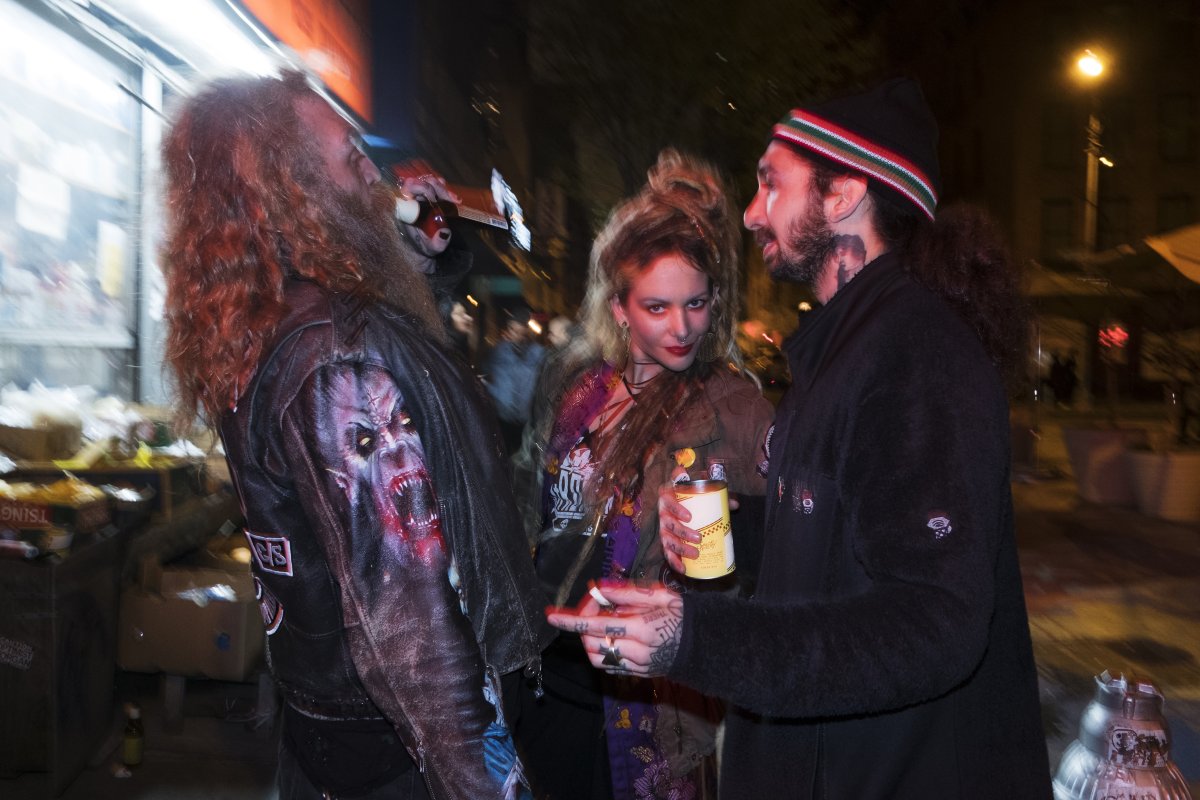
Meetings were held at famed Downtown haunts like the Pyramid Club and CBGB.
“It was a very exciting time in New York,” Patterson said.
In 1997, the tattoo ban was finally lifted. Yet, many inkers were not happy about legalization.
“A lot of them were really opposed to legalization because when tattooing was illegal and underground, it was a hidden economy,” Patterson said. “A lot of people like that sort of outlaw lifestyle.”
Similarly, Myles said when she first heard tattooing would be legalized, she considered it a calamity.
“Now, I love my shop and it all worked out,” she told Malesevic. “But at the time, it was the worst thing possible because I wasn’t prepared for it.”




